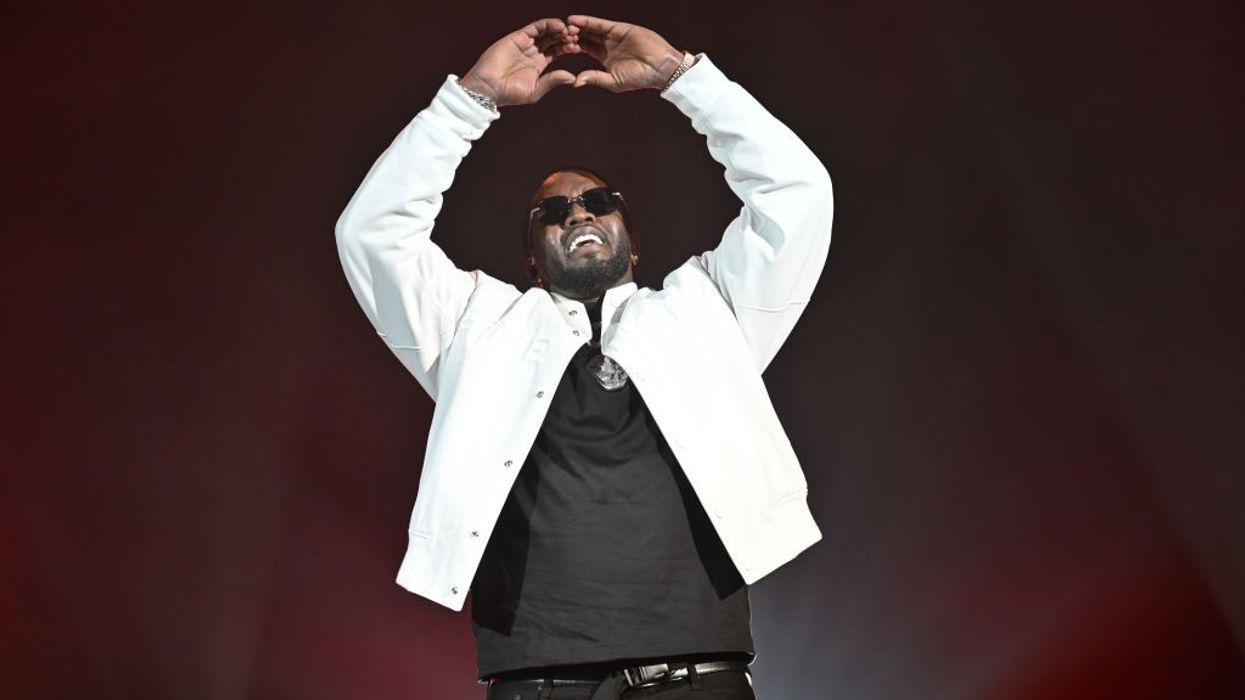US rapper Sean "Diddy" Combs has agreed to withdraw allegations of racism against drinks giant Diageo, the company said Tuesday (16) six months after ending their business link-up.
In a statement, Diageo said Combs has withdrawn his lawsuit as part of a settlement with the London-based spirits firm and both parties "have now agreed to resolve all disputes between them."
"Mr. Combs has withdrawn all of his allegations about Diageo and will voluntarily dismiss his lawsuits against Diageo with prejudice."
Diageo also noted "Diageo and Mr. Combs have no ongoing business relationship."
Diageo said last June it was ending its business relationship with Combs after he accused the company of neglecting their business agreement and of racism.
Combs, also know by his stage names Puff Daddy, P.Diddy and Diddy, claimed in a New York court filing on June 1 that the UK-based firm failed to invest in his liquor brands because he is black.
He alleged his liquor brands Ciroc Vodka and DeLeon Tequila brands were deprived of resources after they were typecast as "black brands" meant for "urban" consumers.
The British multinational said the 54-year-old rapper, actor and producer had misrepresented a business dispute and "repeatedly undermined our partnerships."
Diageo said it had invested more than £79 million in the brands to grow them after announcing in 2014 a 50:50 joint venture with Combs Wine & Spirits, after its acquisition of luxury tequila brand DeLeon, which is popular in Hollywood.
They formed a strategic alliance with Combs in 2007 to develop and grow Ciroc.
But a spokesperson for the firm said last year that "despite having made a billion dollars over the course of our 15-year relationship, Mr Combs contributed a total of £789.8 and refused to honour his commitments."
Combs' legal action claimed that Diageo paid more attention and offered better support to other celebrity backed brands such as George Clooney's Casamigos and Ryan Reynold's Aviation Gin.
(AFP)





